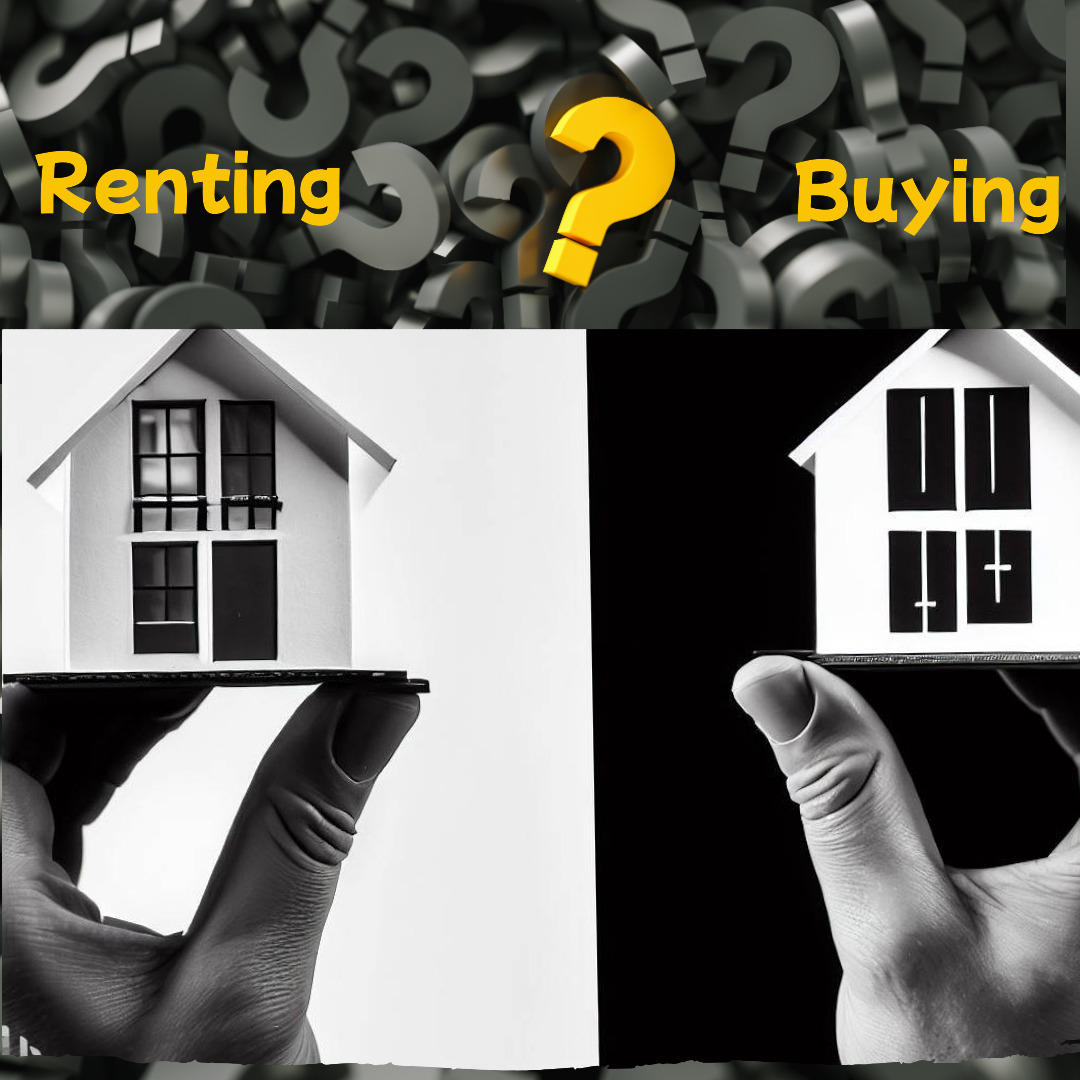Choosing between renting and buying in bustling cities for a 2-3 year stay involves weighing short-term costs and long-term gains. Renting initially saves money, but rising rents erode this advantage. Buying offers equity potential, but short-term expenses and market fluctuations must be considered. Careful planning is essential.
___________________________________________
“I was wondering if it is worth buying a house in a busy area (Auckland or Christchurch) even if we have the plan of moving out in a couple of years.”
(Original question on Reddit)
___________________________________________
When deciding whether to buy a home or rent in a busy area like Auckland or Christchurch for a short-term stay of 2-3 years, it’s essential to consider several factors.
Renting
Renting can offer short-term cost savings compared to buying a home. However, it’s important to recognise that historically, rent tends to increase over time. In Auckland, for instance, the median weekly rent is currently around $660 per week, which has increased compared to last year.
Renting also essentially means paying for someone else’s property, and you won’t build equity.
Buying
On the other hand, buying a home has the potential for property appreciation and building equity. Historically, real estate has tended to appreciate in value over the long term. However, the short-term nature of your stay may limit the benefits of property ownership.
Depending on market conditions, mortgage repayments can fluctuate based on interest rates, which can be an advantage or disadvantage.
Another important factor to consider when owning a home is the associated costs, including council rates, insurance, and maintenance. These costs can add up and may not be fully recouped in 2-3 years.
Additionally, there will be real estate fees if you plan to sell the house after 2-3 years. Real estate agents will take a commission when listing your home, typically ranging from 2.5% – 4%. On top of this commission, there is the advertising expenses and listing fees. On top of all these fees and additional costs, buying in the short term means you might miss out on getting the best price for the house and end up paying more for it.
Considering your short time frame, it’s crucial to assess your goals. Do you intend to keep the property as an investment or plan to sell it after 2-3 years? Remember that making significant capital gains in such a short period can be challenging due to interest and fees potentially affecting profits.
Consideration
In a busy area like Auckland or Christchurch, renting may be a more cost-effective option for a short-term stay, given the additional costs and uncertainties associated with buying a home. However, suppose you have a strong conviction that the real estate market will appreciate significantly during your stay and are prepared for the responsibilities of homeownership. In that case, buying might still be a consideration.
While renting can initially appear cost-effective compared to a mortgage, this can be bad if you don’t budget properly. Therefore, it’s important to avoid simply spending the extra money you save on lifestyle expenses. Instead, consciously save and invest the extra money you’re not spending towards a mortgage.
If you are considering buying a home, you likely have a deposit ready, so consider not leaving it sitting in a savings account. Explore investment options that align with your financial goals. Consider investments that correlate with the housing market in your area, such as real estate-related investments, to prevent your deposit from losing its purchasing power if property prices rise significantly. You must ensure that that deposit is invested so the housing market doesn’t run away from you. Ideally, if, for whatever reason, property prices double in three years, your deposit should also rise significantly. That way, even though you haven’t used it to purchase a house, it’s invested in an asset that mirrors the housing market’s performance.
The decision to rent or buy ultimately depends on your individual circumstances and preferences. By carefully evaluating the pros and cons and implementing a well-thought-out strategy, you can make a housing decision that suits your short-term needs and aligns with your future financial goals.
I hope this helps.
Regards, Clive Fernandes (Financial Adviser)
Director – National Capital
Disclosure: I am the director of National Capital, a KiwiSaver advice firm. The information in this post is only general in nature and is not personalised financial advice. Please contact us if you want financial advice.
